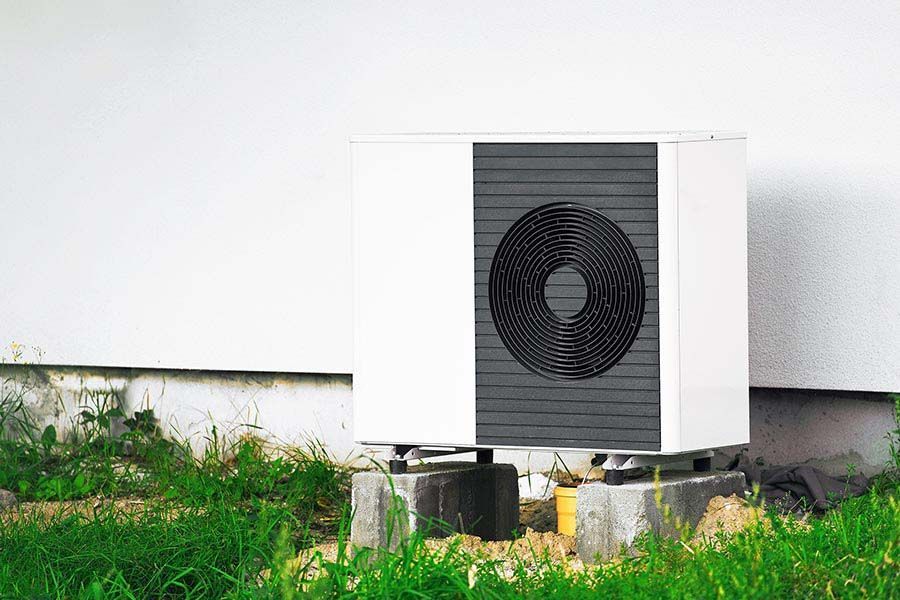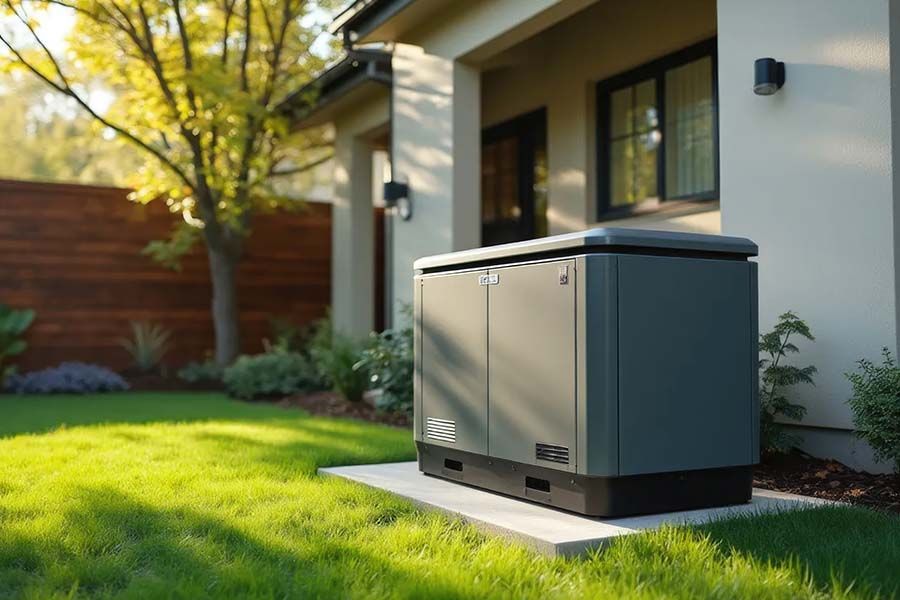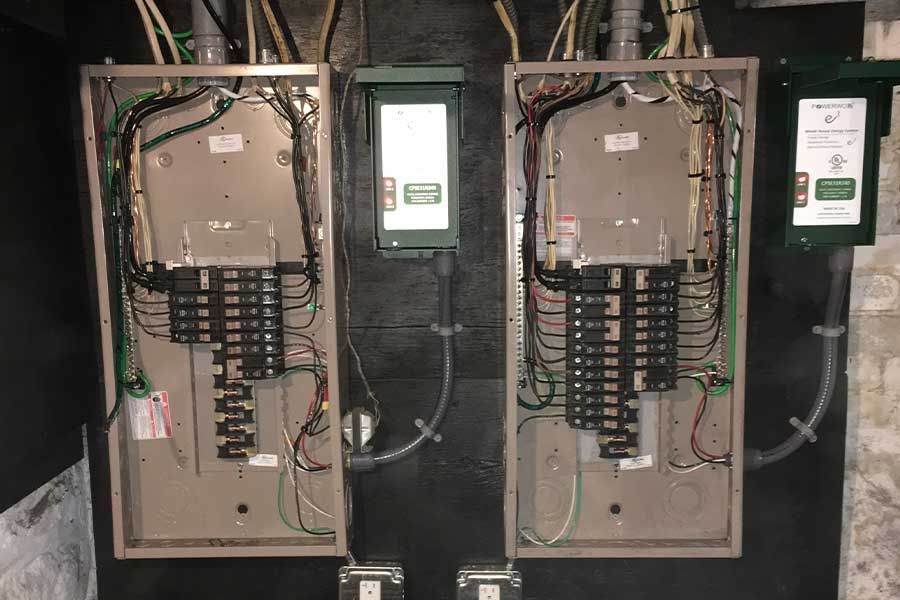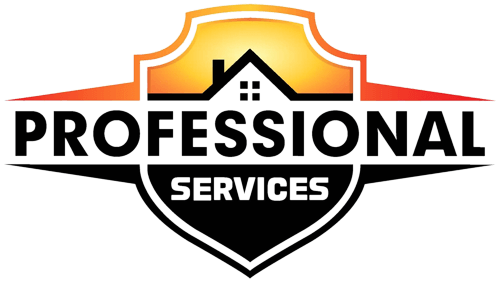Heat Pump Not Heating Enough? Key Reasons You Should Know
If you’ve noticed that your heat pump isn’t warming your space as it should, exploring the underlying causes is essential. You might be dealing with something as simple as incorrect thermostat settings or as complex as a refrigerant leak. Factors like clogged air filters or a frozen unit could also contribute to the issue. Mechanical failures and installation errors might further complicate matters. Understanding these problems can help you address them effectively and comfort your home. But what steps should you take next, and how can you guarantee your heat pump operates efficiently?
Incorrect Thermostat Settings
To guarantee ideal heat pump performance, verify that the thermostat settings are not incorrectly configured, which can directly affect the system’s heating efficiency. Ensure the thermostat is accurately set to ‘heat’ mode rather than ‘cool’ or ‘auto.’ Misconfigurations can cause the heat pump to operate inefficiently or fail to provide adequate warmth. Check that the setpoint temperature is high to prompt the heat pump to initiate heating cycles.
Examine the programmable settings to see if your thermostat has schedule capabilities. Incorrect programming can cause the system to activate or deactivate at improper times, leading to inconsistent heating. Adjust the schedule to align with your household’s heating demands, ensuring peak comfort and energy efficiency.
Assess the thermostat’s location. If exposed to direct sunlight, drafts, or heat sources, it can relay inaccurate readings to the heat pump, inadvertently altering its operation. Relocating the thermostat to a central, stable environment may be necessary.
Clogged Air Filters
Clogged air filters impede airflow, diminishing the heat pump’s efficiency and preventing it from adequately heating your space. When filters become saturated with dust, pollen, and debris, they obstruct the essential air circulation through the system. This restriction reduces the heat pump’s ability to transfer thermal energy effectively, leading to insufficient heating output. To rectify this, you should inspect and replace air filters regularly. Manufacturers often recommend changing filters every one to three months, depending on usage and environmental conditions.
High-efficiency particulate air (HEPA) filters can enhance air quality while maintaining peak airflow. However, be cautious when selecting filters that are compatible with your system’s specifications. An improperly rated filter can exacerbate the airflow restriction issue, impairing performance. Always consult your heat pump’s manual for appropriate filter types and sizes.
Moreover, educating those you serve about the importance of routine filter maintenance can greatly improve system longevity and household comfort. A proactive approach enhances operational efficiency and contributes to a healthier indoor environment. Ensuring clean air filters addresses a critical aspect of heat pump maintenance, fostering an atmosphere that consistently meets comfort expectations.
Blocked Outdoor Unit
A blocked outdoor unit hinders your heat pump’s performance by restricting airflow and causing inefficient heating. When debris, such as leaves, dirt, or snow, accumulates around the outdoor unit, it obstructs the necessary air exchange, leading to subpar heat transfer. This inefficiency forces your heat pump to work harder, increasing energy consumption while delivering inadequate warmth.
To resolve this, inspect the area surrounding the outdoor unit regularly. Maintain a clearance of at least two feet around the unit for ideal airflow. Remove any debris or vegetation encroaching on this space. You can achieve this by gently brushing or washing off dirt and leaves, being cautious not to damage the delicate fins or coils. In colder climates, clearing snow or ice promptly is critical to prevent blockage and potential damage.
Additionally, check the unit’s air intake grille for obstructions. Inspect the grille for damage or clogs, which could impede airflow. If necessary, clean or replace it to maintain efficiency. Regular maintenance, such as scheduling professional inspections and cleanings, guarantees your heat pump operates at peak performance, serving others by keeping your environment warm and comfortable. Remember, proactive care prevents major issues and enhances system longevity.
Refrigerant Leak Issues
Detecting a refrigerant leak in your heat pump can considerably impact its heating efficiency, disrupting the system’s ability to transfer heat effectively. A refrigerant leak reduces the system’s capacity to absorb and release heat, leading to inadequate heating performance. To identify this issue, monitor the heat pump for hissing or bubbling sounds, often indicating escaping refrigerant. Visual signs like oily residue around the refrigerant lines or connectors also signify leaks.
Addressing a refrigerant leak requires precision. First, ensure the system is turned off to prevent damage. Then, contact a certified HVAC technician who possesses the expertise and tools necessary for leak detection and repair. They’ll likely use an electronic leak detector or ultraviolet dye to pinpoint the leak’s location. Once identified, the technician will repair or replace damaged components and recharge the system with the appropriate refrigerant, restoring its efficiency.
Regular maintenance, including inspecting the refrigerant lines for corrosion and wear, helps prevent future leaks. By addressing refrigerant leak issues promptly, you enhance your heat pump’s performance and reliability, guaranteeing it effectively serves those relying on its warmth.
Frozen Heat Pump
When refrigerant issues are ruled out, and your heat pump still struggles with heating, you might face a frozen heat pump. This occurs when the outdoor unit’s coil becomes encased in ice, considerably inhibiting its ability to absorb heat from the surroundings. The ice formation acts as an insulator, preventing heat transfer and reducing efficiency. To address this, you’ll need to understand the root causes behind the ice buildup.
Consider these potential factors:
- Blocked Airflow: Debris or obstructions around the unit can restrict airflow, causing condensation to freeze on the coil.
- Faulty Defrost Cycle: If the defrost cycle malfunctions, the heat pump won’t be able to melt accumulated ice, leading to persistent freezing.
- Low Ambient Temperature: Prolonged operation in extremely cold conditions without sufficient auxiliary heating can encourage ice formation.
To rectify a frozen heat pump, verify the area around the unit is clear of debris. Regularly check and maintain the defrost cycle functionality to confirm it activates when necessary. To prevent ice accumulation, consider supplementing with auxiliary or backup heating systems in areas with consistently low temperatures. With these steps, you can enhance the heat pump’s efficiency and confirm it serves others effectively by maintaining a comfortable environment.
Malfunctioning Reversing Valve
Identifying a malfunctioning reversing valve is essential, as this component directs the refrigerant flow and determines whether your heat pump operates in heating or cooling mode. A faulty reversing valve may prevent your system from generating sufficient heat. First, check if the heat pump is stuck in cooling mode by feeling the air from the vents. If it’s cold, the reversing valve might be the culprit.
To address this issue, listen for a hissing or unusual sound, which could indicate a failure in the valve’s internal mechanisms. You should also inspect the solenoid coil for electrical malfunction. Use a multimeter to measure the voltage and verify it aligns with manufacturer specifications. If the solenoid doesn’t activate, replace it promptly.
A valve that doesn’t switch modes might suffer from internal wear or debris obstruction. In such cases, professional intervention is advisable. HVAC technicians can perform a refrigerant pressure check to confirm if valve replacement is necessary. By understanding these technical aspects, you’ll effectively troubleshoot your heat pump issues, guaranteeing peak performance and comfort for those relying on your help. Remember, timely action can prevent further system inefficiencies and maintain a warm environment.
Ductwork Leaks
Besides reversing valve issues, insufficient heating may stem from ductwork leaks, compromising warm air distribution throughout your home. When ducts aren’t sealed properly, warm air escapes before reaching intended spaces, leaving rooms cooler than desired. Identifying and addressing these leaks can dramatically improve system efficiency, guaranteeing your heat pump operates at peak performance.
To detect ductwork leaks, you should:
- Inspect visible duct sections: Look for disconnected joints, gaps, and holes in inaccessible areas, as these often signal leaks.
- Conduct a smoke test: Release a stream of smoke near duct seams; smoke getting pulled into or blown away from seams indicates leaks.
- Utilize thermal imaging: This technology can reveal temperature differences, pinpointing areas where warm air is escaping.
Once you’ve identified leaks, seal them using mastic sealant or metal tape. Avoid using standard duct tape, as it deteriorates quickly. Regularly check ductwork for new leaks and maintain insulation to prevent heat loss. By resolving ductwork leaks, you enhance heating efficiency and contribute to energy conservation, thereby serving others by promoting a more sustainable environment. Your proactive approach guarantees comfort and warmth for everyone in your household.
Faulty Compressor
A faulty compressor, integral to the refrigerant cycle, can severely impair your heat pump’s ability to provide adequate heating by failing to pressurize and circulate the refrigerant effectively. Without proper compression, the refrigerant cannot undergo the necessary phase changes to absorb and transfer heat efficiently. This malfunction typically stems from electrical issues, mechanical wear, or refrigerant leaks affecting the compressor’s functionality.
To address this, inspect the electrical connections for continuity and voltage irregularities, which could indicate a compromised power supply. Next, listen for unusual noises, such as rattling or hissing, which may suggest mechanical degradation or refrigerant escaping. Utilize a multimeter to verify electrical readings and confirm they align with manufacturer specifications. If discrepancies are present, professional compressor repair or replacement intervention may be necessary.
Regular maintenance, including cleaning and servicing, can preemptively mitigate compressor failure. By confirming the compressor operates within its ideal parameters, you not only restore heating efficiency but also extend the lifespan of your heat pump. This proactive approach guarantees you continue to provide a warm and comfortable environment for those in your care.
Insufficient Heat Pump Size
An undersized heat pump frequently struggles to meet heating demands, leading to inadequate indoor temperatures and increased energy consumption. When the heat pump’s capacity is insufficient for the space it serves, you’ll notice discomfort and inefficiency. The heat pump continuously operates, failing to cycle off, escalating energy costs, and prematurely wearing out components.
To address this issue, evaluate the heat pump’s capacity relative to the specific heating load. This involves a meticulous calculation considering the following:
- Square footage of the space: Larger areas require higher BTU (British Thermal Unit) ratings.
- Insulation quality: Poor insulation demands more from the heat pump to maintain desired temperatures.
- Local climate conditions: Colder climates necessitate higher capacity to combat lower external temperatures.
Improper Installation
Another common issue that affects a heat pump’s performance is improper installation, which can severely compromise efficiency and heating capacity. When a heat pump isn’t installed correctly, refrigerant leaks, ductwork inefficiencies, and incorrect electrical connections can lead to refrigerant leaks. These issues prevent the system from functioning at ideal levels. Properly addressing these installation errors is vital to guaranteeing your heat pump serves you well.
Begin by verifying the refrigerant charge. An incorrect refrigerant level can lead to less-than-ideal heating output and increased energy consumption. Use a manifold gauge set to check for the appropriate refrigerant pressure specified by the manufacturer. Next, inspect the ductwork for any air leaks or poor insulation, which can cause considerable heat loss and reduced airflow. Seal leaks using mastic or foil tape to enhance duct efficiency and guarantee proper air distribution.
Additionally, confirm that all electrical connections are secure and conform to the manufacturer’s specifications. Loose or incorrect connections can lead to intermittent operation or complete system failure. Addressing these installation issues can greatly improve your heat pump’s performance, providing efficient and reliable heating to those you serve.
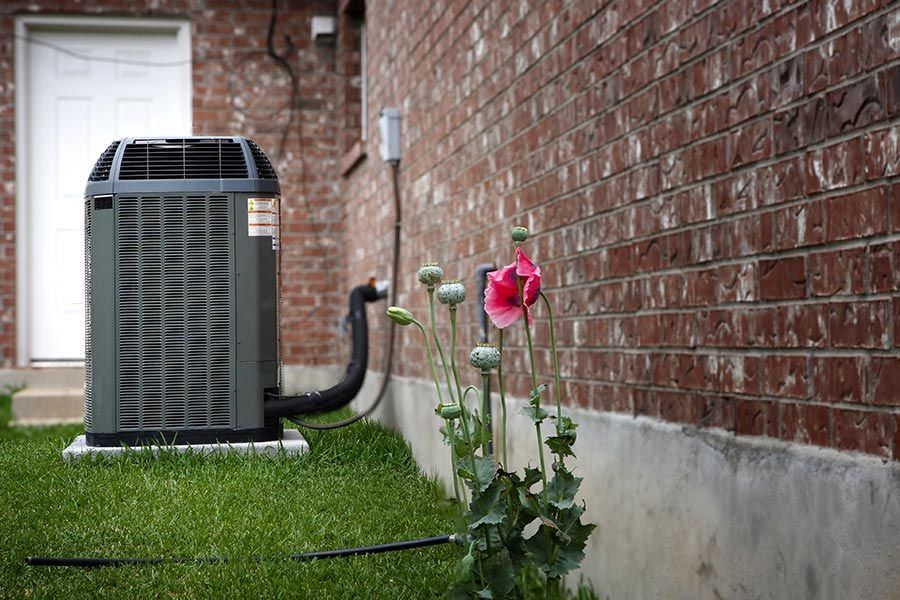
Conclusion
Remember that regular maintenance is essential to guarantee your heat pump operates efficiently. Did you know that clogged air filters can reduce efficiency by up to 15%? By addressing issues like thermostat missettings, airflow obstructions, and potential refrigerant leaks, you’ll enhance performance considerably. Regular inspections for ductwork leaks and proper installation can prevent inefficiencies. By staying proactive, you’ll not only optimize heating but also extend the lifespan of your heat pump system.
Frequently Asked Questions
How Does Weather Affect My Heat Pump’s Efficiency?
Weather impacts your heat pump’s efficiency as colder temperatures reduce its coefficient of performance. As outdoor temperatures drop, your heat pump requires more energy to extract heat, potentially diminishing its heating capacity and affecting comfort levels indoors.
Can Power Outages Impact My Heat Pump’s Performance?
Power outages can disrupt your heat pump’s operation. They disrupt the electrical continuity essential for peak performance, causing inefficiencies. Confirm backup systems are in place to maintain consistent service and comfort for those you serve.
How Often Should I Schedule Regular Maintenance for My Heat Pump?
You should schedule heat pump maintenance bi-annually to guarantee maximum efficiency and longevity. Regularly inspecting refrigerant levels, coil cleanliness, and electrical connections prevents malfunctions, guaranteeing your system effectively serves those depending on its reliable operation.
Does My Heat Pump Require a Backup Heating System?
You should evaluate your climate conditions. A backup heating system guarantees efficiency if temperatures frequently drop below the heat pump’s ideal range. Supplementary heating prevents discomfort and maintains service reliability, guaranteeing you serve others effectively.
Are There Energy-Saving Tips to Optimize Heat Pump Usage?
To optimize heat pump efficiency, guarantee regular maintenance, seal ductwork, and set thermostats accurately. Utilize programmable settings for peak energy savings. Educate yourself on system specifications, fostering sustainable practices to serve your community’s environmental goals better.
You might also like
